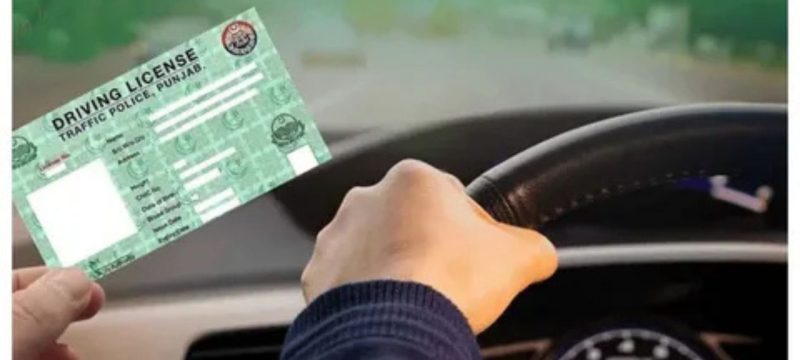Punjab has achieved a milestone by issuing more than 23,000 driving licences in just 24 hours, marking a record-setting moment in public service. The move highlights growing efficiency and digital progress in the province’s licensing system.
According to officials, the massive response came after reforms designed to simplify procedures and make services more accessible. The effort is also linked to the introduction of modern applications and digital solutions that aim to minimize delays and reduce long queues. One such initiative is the Raabta App introduced by Khyber Pakhtunkhwa, which is expected to inspire similar solutions across Punjab.
Driving licences surge in Punjab
Authorities reported that the increase in driving licences is the result of effective planning and public trust in the system. The Punjab government has improved access points, strengthened verification processes, and deployed more staff to cater to citizens.
Key highlights include:
- Over 23,000 licences were issued in one day, setting a national record.
- Digital platforms have reduced waiting times for applicants.
- Enhanced monitoring has curbed corruption and irregularities.
- Women and young drivers formed a significant portion of new applicants.
- Awareness campaigns encouraged more citizens to register legally.
Officials emphasized that driving without a valid licence is one of the biggest causes of road accidents in Pakistan. By encouraging people to obtain legal documentation, the province aims to improve road safety and instill discipline among motorists.
Why driving licences matter
Driving licences are more than just permits to drive. They serve as a primary form of identification and proof of responsibility on the road. With thousands of new drivers joining the roads every year, proper licensing ensures safer travel and stronger regulation.
The Punjab government has vowed to continue expanding facilities to rural areas and introduce new features to simplify the application process. This includes digital verification, online appointments, and integration with national ID databases.
As the system evolves, experts believe that efficient licensing will help reduce accidents, promote a safe driving culture, and build confidence among citizens.
Punjab’s record-setting figure of 23,000 licences in one day shows that change is possible when technology and governance come together. It also signals the public’s growing trust in official services and their willingness to comply with the law when systems are transparent and accessible.







